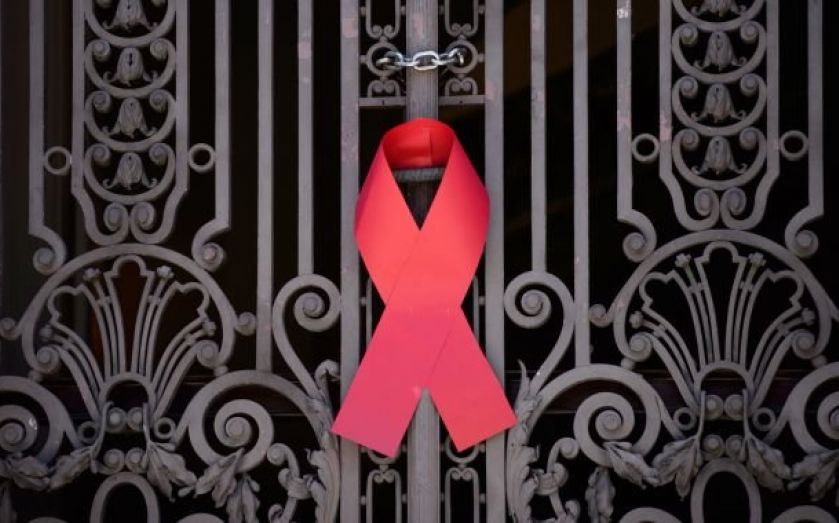| Updated:
HIV evolving into a “milder” form

HIV is being “watered down” as it evolves, and could eventually become “almost harmless”, a major study by the University of Oxford has found.
The disease, which is thought to have infected around 35m people worldwide, is taking longer to cause Aids, and could eventually become less deadly and less infectious, the scientists believe.
HIV evolves around our immune system, and when it infects someone with a particularly effective immune system it becomes “trapped between a rock and a hard place”, professor Philip Goulder said.
“It can get flattened or make a change to survive, and if it has to change then it will come with a cost.”
That cost is a reduced ability to replicate, which makes the virus less infectious and means it takes longer to cause Aids.
Goulder's team found evidence of this happening by comparing the disease in Botswana, which has had an HIV problem for a long time, and South Africa where HIV arrived a decade later.
He told the BBC: "It is quite striking. You can see the ability to replicate is 10 per cent lower in Botswana than South Africa and that's quite exciting.
"We are observing evolution happening in front of us and it is surprising how quickly the process is happening. The virus is slowing down in its ability to cause disease and that will help contribute to elimination."
The findings, which were published in Proceedings of the National Academy of Sciences, also suggested anti-retroviral drugs were forcing HIV to evolve into milder forms.
Whereas in the 1990s, HIV would cause Aids within 10 years, that has now increased to 12.5 years in Botswana, “a sort of incremental change, but in the big picture that is a rapid change”, Goulder said.